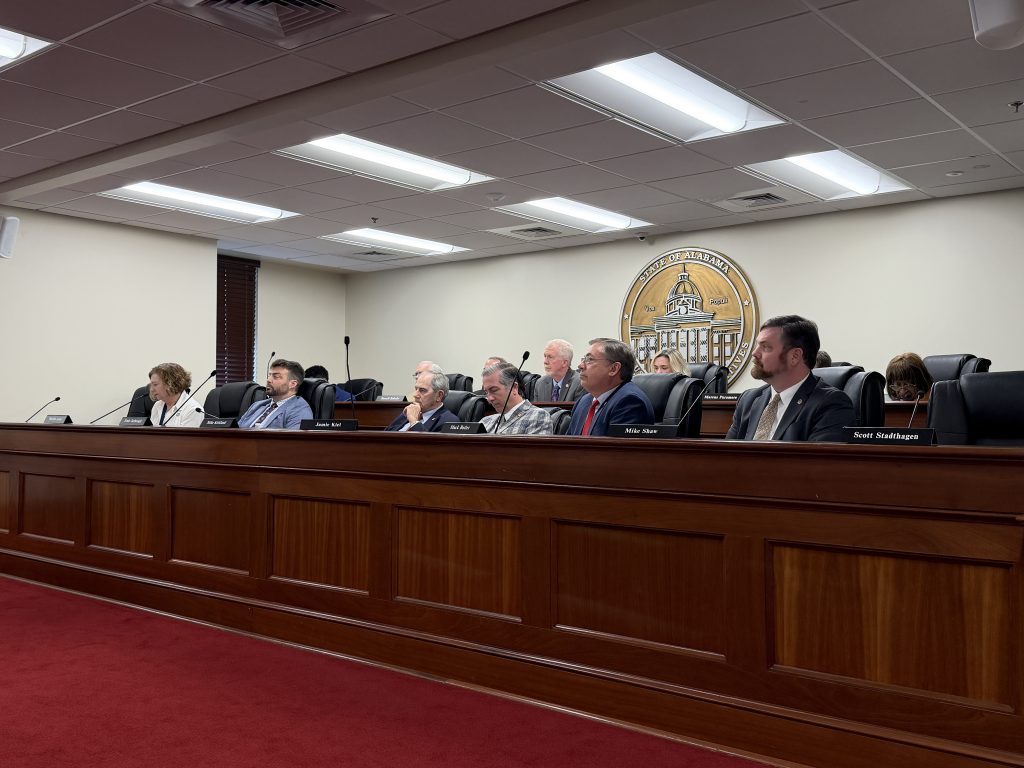Some 50 years ago, lawsuits were uncommon in church life. But by the end of the century, more than 10,000 lawsuits had been filed against churches.
Steve Lewis, a partner with Church Business and Legal Resources in Oklahoma City, Okla., said 85 percent of large churches have had lawsuits filed against them.
The statistics were offered by Lewis during a recent seminar on “Church and Personnel Law” at Hunter Street Baptist Church, Hoover. He cited the fact that people no longer fear community backlash as a factor in the increase in lawsuits in churches.
Employee issues
But while the lawsuits involve matters ranging from improper conduct and accidents, Lewis said churches are also increasingly finding themselves named as defendants in suits brought by employees.
Churches are being sued for employee matters such as failure to comply with government regulations and employees not being compensated for overtime, workman’s compensation and other matters related to their employment, according to Lewis.
Lewis’ concern with lawsuits was echoed by Jim Swedenburg, associate in leadercare/church administration with the State Board of Missions, which sponsored the seminar.
“Lawsuits are on the rise; we hear about more and more of them every day,” Swedenburg said during a conference break.
“We hear about termination issues with ministers … . It’s just important for churches, No. 1, to be aware of what’s going on and, No. 2, be proactive — try to do something before they have a problem,” he said.
The confidentiality of medical records is another area Lewis said can lead to a lawsuit. Lewis said no layperson has a right to know about a church employee’s medical history.
The attorney said too often employment records are open to the congregation — with some churches placing them in an unlocked file cabinet — a practice he said is dangerous.
Another area he warns against is the questions churches ask prospective employees. While the interview process for ministerial positions usually brings out issues such as their marital status and family, he said the church is not allowed to directly ask them — or nonministerial applicants — questions related to their marital status, age, how many children they have or about disabilities.
An area he said churches are free to ask about is an individual’s religious practices. Lewis added churches have the right to hire only Christians, adding they can even stipulate the employee must be a Southern Baptist and member of that church.
Lifestyle agreements
Churches can also require employees to sign lifestyle agreements, he said, stating they will abstain from gambling, drinking, sexual immorality, etc.
“You have the full authority to protect the reputation of your church in the community,” Lewis said.
Where churches place themselves at risk for lawsuits, according to Lewis, is when they fire an employee for not conducting themselves in a Christian manner, without stating it was expected of them.
Regarding sexual immorality, Lewis said churches must be specific in how they address charges, adding it must be applied consistently to both sexes.
Lewis said a church cannot fire a single woman who becomes pregnant merely because she is pregnant. He said she can be terminated because the pregnancy is the result of an immoral lifestyle, but the reason has to be documented.
Similarly — to assure consistency and guard against lawsuits — churches have to apply the same action with single male employees who father a child or those who father a child with someone besides their wife, on the basis of violating the lifestyle agreement.
Another safeguard Lewis said churches should implement is the establishment of a “Mandatory Report Rule,” requiring employees to report incidents ranging from alleged sexual misconduct to reckless driving. He said failure to do so could make the church liable if the incidents are not documented.
One of the reasons Lewis said churches are seeing an increase in lawsuits is because of what he characterizes as a “loss of historical institutional protection and respect” for churches.
Lewis added the situation is complicated by the fact the government is abandoning its “hands off” approach to internal church issues, and the American Bar Association now conducts conferences on how to sue churches.





Share with others: